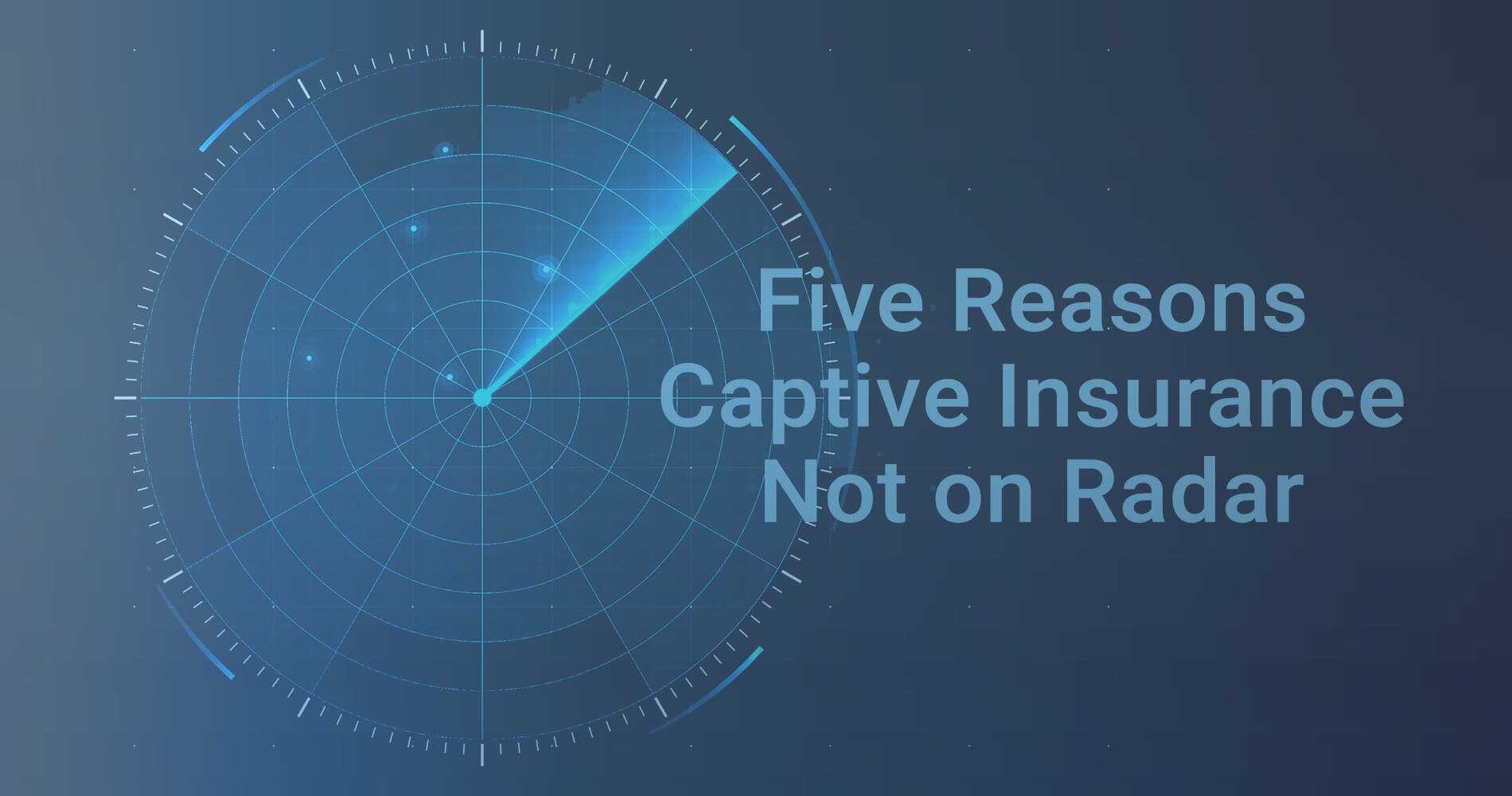Five Reasons Captive Insurance Isn’t on Your Radar (But Should Be)
October 14th, 2024
2 min read

As a business owner, you’re constantly making decisions to protect your bottom line. Yet, there is one area that gets overlooked—captive insurance. Traditional insurance might feel like the easiest option. When you pay in, you don’t need to take on risk. However, captive insurance can offer more transparency, control, and long-term savings. So why don’t you hear more about it?
The answer lies in the hesitation of insurance agents. They have various reasons not to discuss captive insurance. As a business owner, knowing these reasons can help you make better decisions with your insurance.
At ReNu Insurance Group, we’ve interacted with plenty of business owners who took the time to investigate captives independently. We’ve helped countless business owners understand captives and how they can be an optimal solution for their business. We also understand why agents hesitate to discuss captives and how that hesitation can hold you back.
Let’s discuss why agents avoid talking about captives and why you should know this option.
One: Captives Are Unfamiliar Territory
For many agents, captive insurance feels foreign. It’s a specialized field not all agents are trained in, and when faced with something they’re unsure of, they often stick to what they know—traditional insurance models. But this lack of familiarity on their part means you might be missing out on an option that could give you more control over your risks and costs.
What You Should Know: Captive insurance isn’t as complicated as it seems. By partnering with knowledgeable consultants, you can get a clear, straightforward understanding of how it works and whether it’s a good fit for your business. Don’t let an agent’s lack of familiarity limit your options.
Now, you might wonder if your business is a good fit for captive insurance. Take this captive assessment tool to get your results.
Two: Misconceptions About Risk
Another reason captive insurance doesn’t come up is because of perceived risk. Captives require more financial responsibility upfront, which might make them seem risky. Your agent might worry you won’t be comfortable with this initial commitment. But what often gets lost is the long-term rewards.
What You Should Know: While captives involve higher upfront costs, they offer long-term savings, greater control over your insurance, and potentially fewer surprises regarding premiums. There's an adjustment in the first few years, but many businesses find the investment pays off over time.
Three: Fear of Competition
Agents may be hesitant to mention captives because they fear you’ll take your business elsewhere. If an agent doesn’t specialize in captive insurance, they might worry that once you look into this route, you’ll turn to a competitor who does.
What You Should Know: A proactive conversation about captives puts you in control. Captive insurance could offer significant advantages if you’re spending $250,000 or more on insurance premiums annually. You should know every option available, with your agent helping you determine your choices.
4. Misunderstanding Who Qualifies
Many agents assume captive insurance is only for massive corporations with deep pockets. They might think captives aren’t a fit for smaller businesses, even though this isn’t always true.
What You Should Know: Captives come in different forms, including group and cell captives, which allow smaller businesses to participate and share risks. If your business has the right risk profile and premium spending, there’s a captive solution that could work for you.
5. Money Matters
The way insurance agents get paid plays a role. Traditional insurance pays agents through commissions, but captive insurance changes the compensation model. Some agents are reluctant to switch gears because it could affect their income.
What You Should Know: Your business deserves solutions that align with your financial goals. Captives provide transparency on costs and often lead to long-term savings. While being concerned about how agents get compensated is legitimate, you must consider your bottom line and what insurance model works best for you.
Is Captive Insurance Right for Your Business?
Captive insurance offers benefits that most traditional policies can’t match. Greater control, transparency, and potential savings make it worth considering. However, captive insurance doesn’t work for every business.
Read our article explaining captive insurance to see if it’s a good option for your business.
Finally, use this pricing calculator to see how much you can potentially save when switching to captive insurance.
Warren, the president and founder of ReNu Insurance, shifted from being a commercial pilot to the insurance industry after 9/11. He applied his aviation safety and risk management skills to insurance, creating ReNu's captive insurance model. This approach cuts costs and turns insurance into a strategic asset. An authority in captive insurance with advanced certifications, Warren drives innovative risk management solutions. Under his leadership, ReNu Insurance sets new standards, offering practical and financially smart risk management. Warren Cleveland, ACI, CIC, AAI
Topics:


